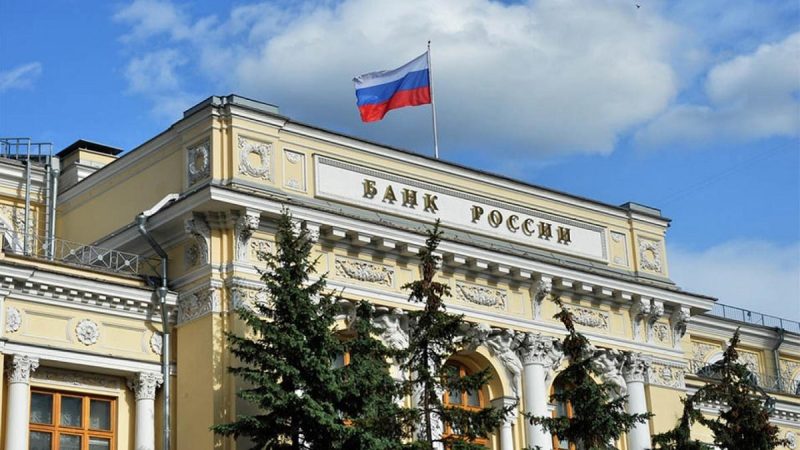Central Bank Approves Crypto Derivatives Under Strict Guidelines
In a major regulatory shift, the Bank of Russia has given financial institutions the green light to offer crypto-linked financial products to wealthy, qualified investors. Announced on May 29, 2025, the move allows these firms to roll out financial instruments like derivatives, securities, and digital assets that track the price of cryptocurrencies such as Bitcoin and Ethereum.
However, these products must be settled in cash and not in actual crypto. This structure—known as non-deliverable instruments—helps the central bank manage risks tied to crypto’s notorious price swings and regulatory uncertainty.
Access Limited to the Financial Elite
These investment tools aren’t open to everyone. To qualify, individuals must hold over 100 million rubles in assets (around $1.14 million) or earn more than 50 million rubles annually (roughly $570,000). Institutions can also participate if they meet strict regulatory standards.
The central bank plans to test these offerings through a three-year pilot known as the experimental legal regime (ELR). This trial will allow a select group of investors to trade within a highly controlled environment. The goal is to bring more transparency to crypto-related activity while setting clear service standards.
State-Run Crypto Exchange in the Works
In a related move, the Russian Finance Ministry is working alongside the central bank to develop a government-backed crypto exchange. This platform will cater exclusively to “super-qualified” investors and aims to legalize and regulate certain crypto transactions, moving them away from gray areas.
Despite these steps forward, Russia is standing firm on its ban against using cryptocurrencies for payments. The central bank continues to highlight the risks of investing in digital assets, especially the potential for steep losses due to market volatility.
This cautious yet progressive policy underscores Russia’s attempt to foster financial innovation while maintaining strong oversight and stability. By opening a controlled door to crypto-linked products, the country is taking its first structured steps into the digital asset economy.
